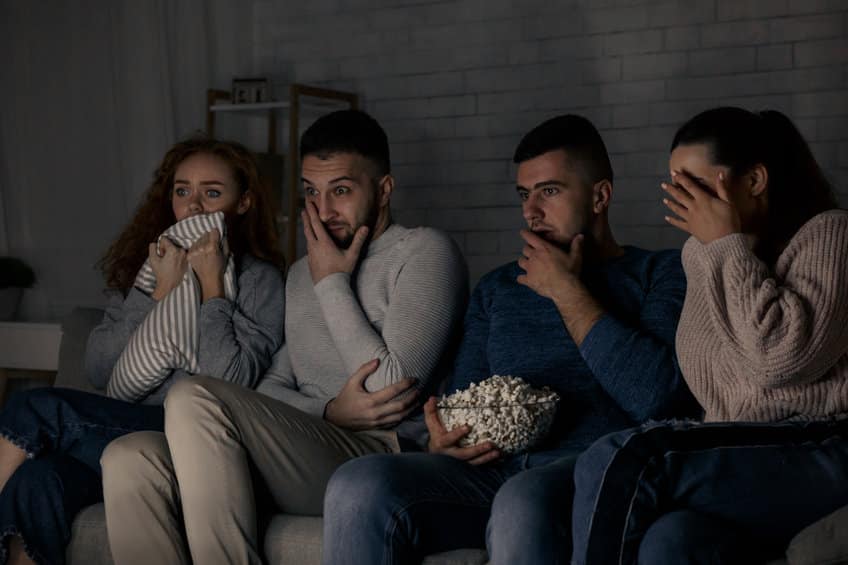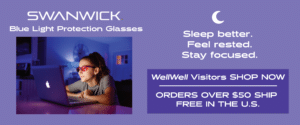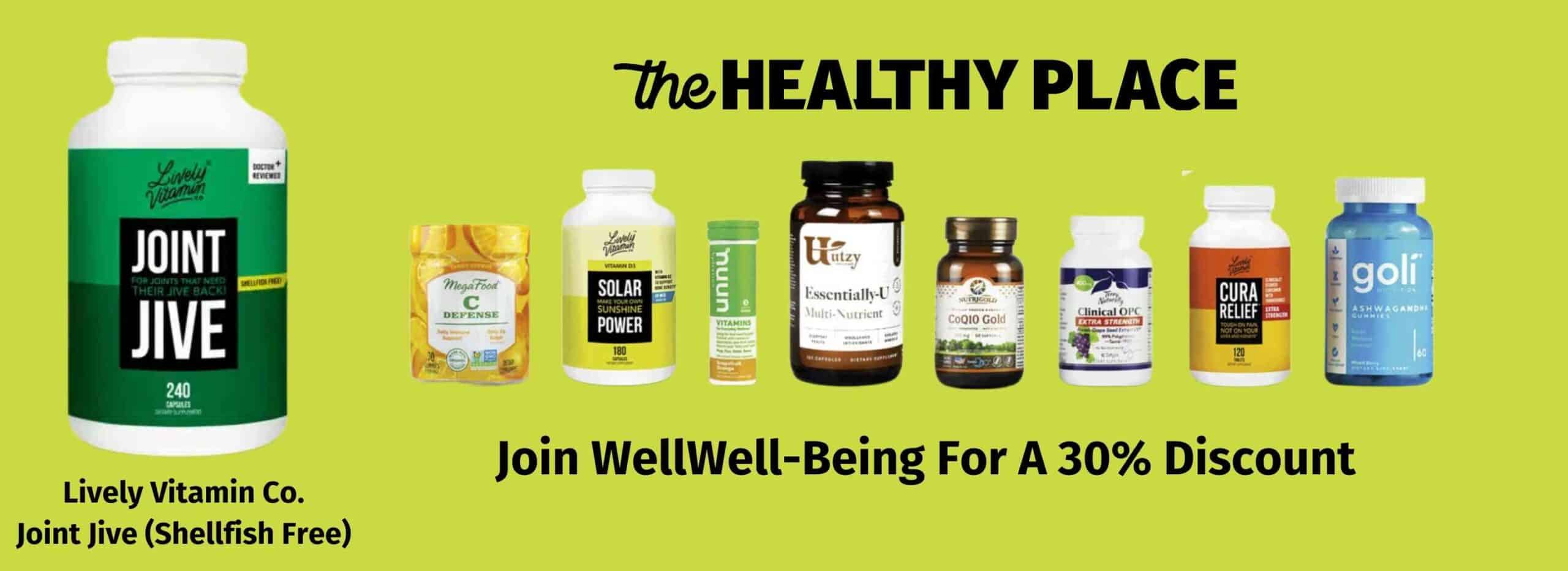Every fall, as October and Halloween approaches, the influence of horror movies can be seen almost everywhere. Cable channels run old ones and streamers release new ones. Bloody decorations that lace streets in neighborhoods across the country only serve to elevate and enhance their impact. For some, spooky flicks are a seasonal delight, kind of like seeing eggnog and poinsettias around Christmas. But there are others who indulge in scary film exercises year-round—horror fans. Who would have thought that these aficionados of fright might be holding the key to a healthy life? Well, apparently, they might. Especially if you ask S. A. Bradley. WellWell spoke with the author of Screaming for Pleasure: How Horror Makes You Happy and Healthy, about the health benefits of horror movies and why we love them.
You write early in the book that as a child horror helped comfort you while your parents were getting divorced. How does the tension of a horror movie help ease real life tensions?
For me, I looked at horror similarly to music. They’re both more emotional than intellectual. When you’re listening to a song, most people aren’t thinking about the orchestration or arrangements. You get the feeling first and it takes you somewhere, changing your mood. Horror and music both bypass intellectual thought and play with emotions that you can’t always articulate. So, when I’m anxious or upset, horror can hit on these spots and relieve me of a tension that I really can’t even name. Some people say it’s the hair of the dog that bit you. Not feeling great, have a little bit more of that feeling and be in control of it.
How does horror invoke emotion similar to music?
Horror is the only genre that’s named directly after the emotion it produces. It tells you exactly what you’re in for. It allows you to look at an unseemly emotion that is very primal. But in a safe environment. We can touch it, we can deal with it, we can see that it’s not that scary. It’s a healthy distinction. Horror movies allow you to face fears without ever being in any real danger, which can be a very powerful experience.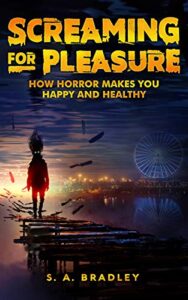
Horror movies also helped you reacclimate to civilian life after four years of service in the air force, correct?
Yeah, they did. Though, it can be difficult to articulate because you don’t really know how you get to this point of where it was hard to acclimate to civilian life. Some people return easily, others don’t. It’s tough to say why. But I felt a disconnection. When I came home, I felt completely disconnected emotionally from society. I’d say all the times that horror really affected me through my life or really helped me get to another step was where I felt a disconnect and I didn’t have a passion anymore. I wasn’t sure what I was going to be passionate about and I didn’t have a lot of communication with other people because I didn’t know what to talk about. But horror movies and the communal fanfare that surrounds them really brought me back. It gave me an opening and a way to connect with others again.
We’ve similarly reported on some studies that show how nightmares are actually quite beneficial towards because they allow the dreamer to exercise their demons and innermost fears in a controlled environment. Do you think that horror produces a similar escape and opportunity?
Definitely. I also think that it’s medicine, but it’s not made for everybody. Though, I would never recommend Friday the 13th over traditional medication. However, it does have benefits for those who are wired to enjoy horror movies. It’s a safe environment. It’s a closed laboratory experiment where you’re allowed to roam around in that. You can be frightened, and you experience all those wonderful things like serotonin, dopamine, and even adrenaline. You get hormones that really crank up in the nervous system so after a horror movie, you can actually feel grateful. It’s like a rollercoaster, it’s scary while it’s happening but afterwards, you’re relieved and proud.
Given that, with all the real-life horrors occurring due to Covid-19, did you turn to horror for comfort through outbreak or zombie movies?
Some of the outbreak and zombie movies were a little too on the nose for me. What I was interested in was a movie like Synchronic, which involves time travel. Areas of the world that just have these time holes and they’re opening up in New Orleans and you’re following these two EMTs as they’re coming across these weird situations where people are taking a street drug. Then someone starts killing people with ancient relics. But why that interested me is that it talked directly to the byproducts of the pandemic. It talked to the idea that drug use is up. It talked to the idea that everybody who’s doing EMT work and first responders are thoroughly burnt out. I think the art that I really responded to looked at how the disease was affecting us outside of direct infection and how this madness has gotten out of control.
A huge aspect of horror is obviously the communal theater experience. How much have you missed going to theaters during the pandemic and does the general public have to gain as movie houses begin to slowly reopen?
My eyes teared up when you asked that. That’s how much I miss it. I miss the cinema so much and the idea of that communal experience. It’s like a religious tent revival for those that are secular. You go into a horror movie and you’re there for a certain purpose and you can’t help but feel connected. In the book I talk about seeing Rocky as a kid. At the time, it was not a well-known film yet.
I lived in Pennsylvania and they premiered it there because it was set in Philly. Films were really dreary at that time in the seventies. Everybody thought they were making the next Godfather. Not to mention the world was falling apart. All sorts of stuff were happening everywhere and people were just depressed. I went and watched Rocky knock down Apollo Creed the first time with my dad and everyone jumped up and cheered. That was the first time in a movie where that ever happened to me. I sat there and realized we were all connected in that moment.
Beyond the pandemic, what’s your horror comfort food? What are the movies you always turn to when feeling down?
I have a few that I really absolutely love. I love John Carpenter’s The Thing. I can watch that again and again. Another is George Romero’s Dawn of the Dead. The idea that our best intentions aren’t going to save us from whatever the heck is going on out there, it’s timeless. Of course, there’s Jaws. Which I consider a perfect horror film. It’s thoroughly primal. Its first half hour is flawless and just leaves you looking underneath the bed and sleeping with the lights on over and over and over again.
Early in Screaming For Pleasure, you equate your first experience with horror to a first kiss. For somebody who might be the fence about the genre, what would you recommend as their first movies? What’s their ideal first kiss with horror?
It’s such a hard question because what scares somebody is subjective, right? And that’s why horror has a broad umbrella. But I would say if someone was just getting into horror, it depends on their general movie preferences. If they like watching older films, I would say the original Alien or Jaws. They really work because they’re like these fun house movies that still have a horror appeal. If someone is really interested in finding out about horror and how it can affect you, it’s hard to beat Stanley Kubrick’s The Shining. It’s hypnotic from the first frame. When I speak to people who haven’t seen horror movies often, that’s the one that they’re the most interested in because it’s so well regarded.
Why has horror remained so relevant for so long?
Ultimately, I think horror endures because deep down we need it. We need a stand-in boogeyman. It’s not a social need or a cultural need, it’s a human need.
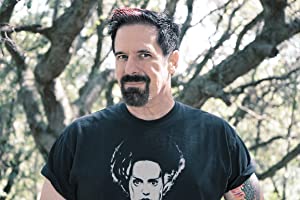 About S. A. Bradley
About S. A. Bradley
S. A. Bradley is the author of Screaming for Pleasure: How Horror Makes You Happy and Healthy. He also hosts the popular podcast Hellbent For Horror, exploring all things horror across books, film, comics, and music.
Learn More At hellbentforhorror.com

